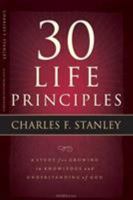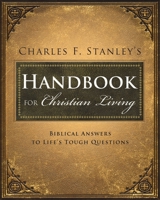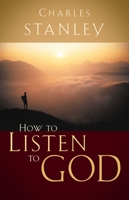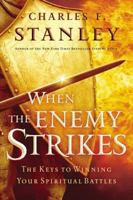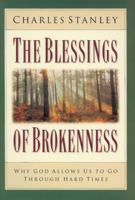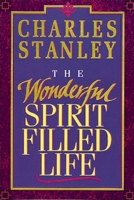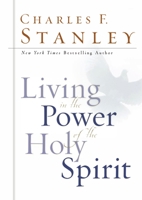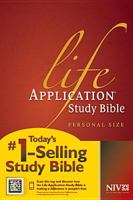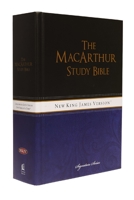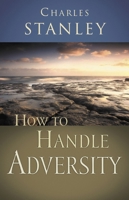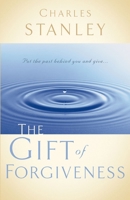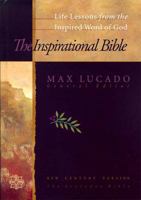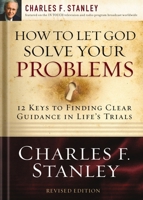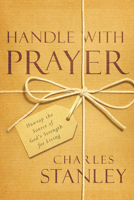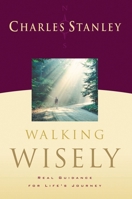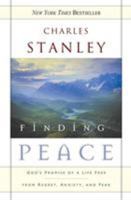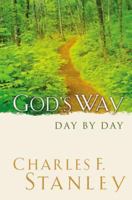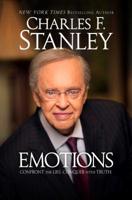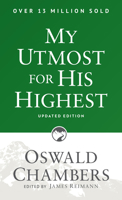Buttons for General Washington
(Part of the On My Own History Series and Yo Solo ~ Historia Series)
Select Format
Select Condition 
You Might Also Enjoy
Book Overview
Customer Reviews
Rated 4 starsNice collection from a great writer
This is a moving collection of sportswriter Roger Kahn's writing over the last half century. There's information on the old Brooklyn Dodgers, of course, including Jackie Robinson, Carl Furillo, Pee Wee Reese, and Duke Snider. We also enjoy several looks at baseball stars from other teams (Mays, Maris, Aaron, Rose), and, of course, a moving tribute to the author's baseball-fan father. The book is mostly about baseball, but...
0Report
Rated 5 starsReading is Fundamental
To the reviewer below who commented that this book is a retread and not the book he thought he was buying, I refer that reviewer to the subtitle of the book: The Very Best of Roger Kahn. This subtitle makes is very clear that this book is an anthology and not a new work. If, somehow, that doesn't make it entirely clear, a cursory scan of the book jacket's flaps and back cover would do so. It's an anthology, buddy. No need...
0Report
Rated 5 starsFifty Years of the Best Writing
Best known for "The Boys of Summer," Roger Kahn spent half a century writing on baseball and much more. This book is a collection of his essays, mostly on baseball and its players, but fifty years of writing is a lot of writing. Here are his writing on many, many other people, other activities. Still, this is Roger Kahn, even the baseball stories make you remember that baseball players are still people. The short (5 page)...
0Report
Rated 5 starsAlmost as good as The Boys of summer
Saying this book is almost as good as Kahn's "Boys of Summer" really means that "The Boys" batted 407, and "Beyond the Boys" batted 406. Wonderful, unbeatable prose, great stories told by one of the masters of baseball writing. It belongs on every baseball fan's bookshelf. Don't miss it.
0Report
Rated 5 starsRoger Kahn is Always A Treat to Read
I have never read a book by Roger Kahn that was less than five stars. This volume is a collection of Kahn's work from books and magazine articles from his illustrious career. Roger covered the Brooklyn Dodgers during the seasons of 1952 and 1953 which led to The Boys of Summer. The book is divided into sections with chapters devoted to athletes, mainly baseball players, that have been subjects of Kahn's work over the past...
0Report













